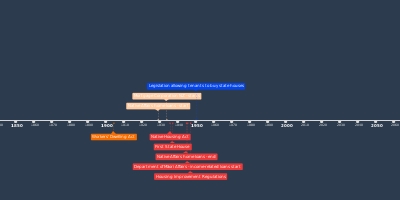14 juin 2017 - AC reports debt of $8.3 billion
Description:
Even if planning constraints are eased judiciously, infrastructure can be a bottleneck. Newdevelopments often require large, upfront investments by councils or developers, the value
of which mainly accrues to the developer or surrounding home-owners. The local authority
shares in a small amount of the upside through rates, but none of the benefits of increased
incomes, profits and spending, which accrue to central government. Without mechanisms to
better connect the benefits and costs of growth, through revenue sharing or through targeted
rates or bonds, fast growing local authorities struggle to provide sufficient key infrastructure,
even if the land is in theory suitable for house building.
Against such policy innovations it is important to be mindful of the increasing problems which
local authorities are having with debt – especially Auckland Council. Across the whole local
government sector, debt rose 83% between 2011 and 2016 to $13.8 billion, although financing
costs as a proportion of rates revenue remained stable at around 12% to 13%.45 Auckland Council
accounts for more than half this local government debt and in June 2017 that Council reported
a total debt of $8.3 billion. This figure is an increase of almost 65% over the $5.0 billion owed
by Auckland ratepayers in mid-2012. As a proportion of rates revenue, financing costs have risen
from 22% in 2012 to almost 29% in 2017
Source: https://www.beehive.govt.nz/sites/default/files/2018-02/A%20Stocktake%20Of%20New%20Zealand%27s%20Housing.pdf
Ajouté au bande de temps:
Date:
14 juin 2017
Maintenaint
~ Il y a 8 ans et 4 mois
